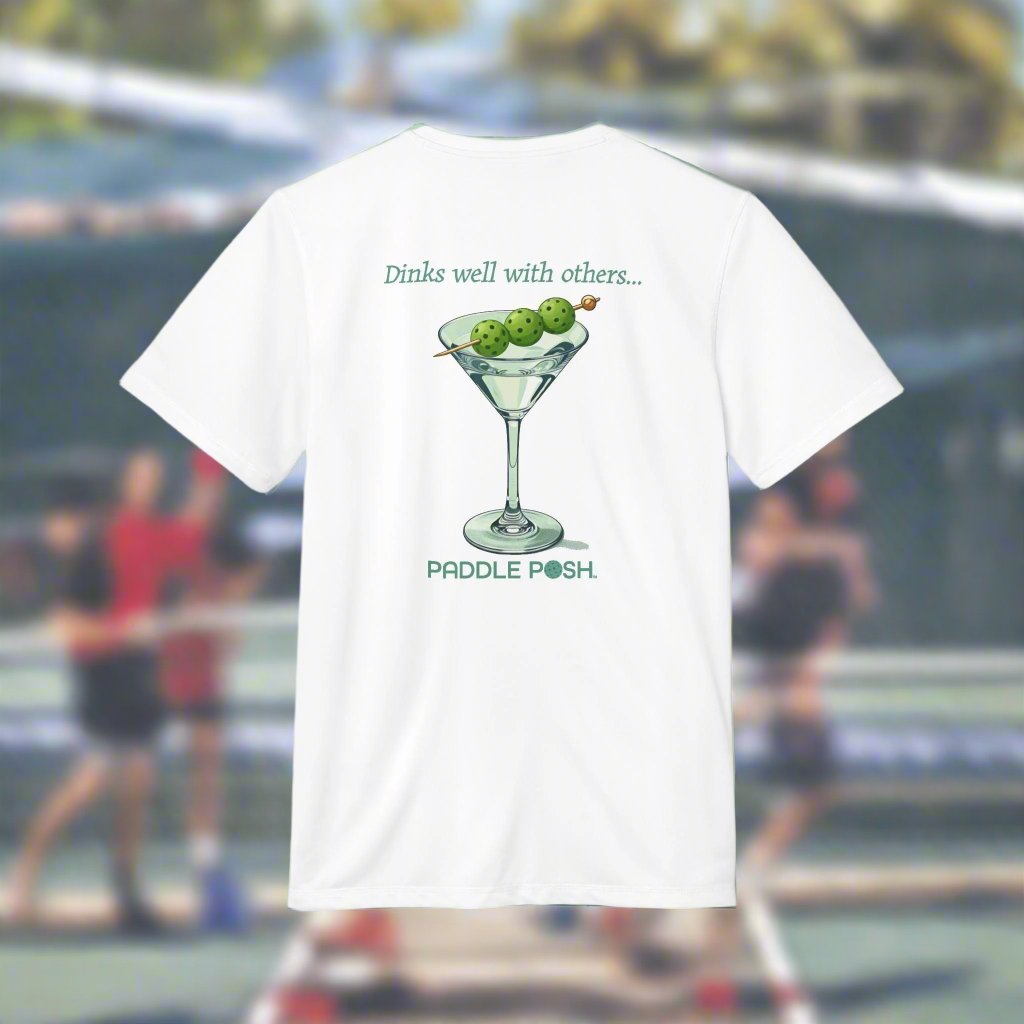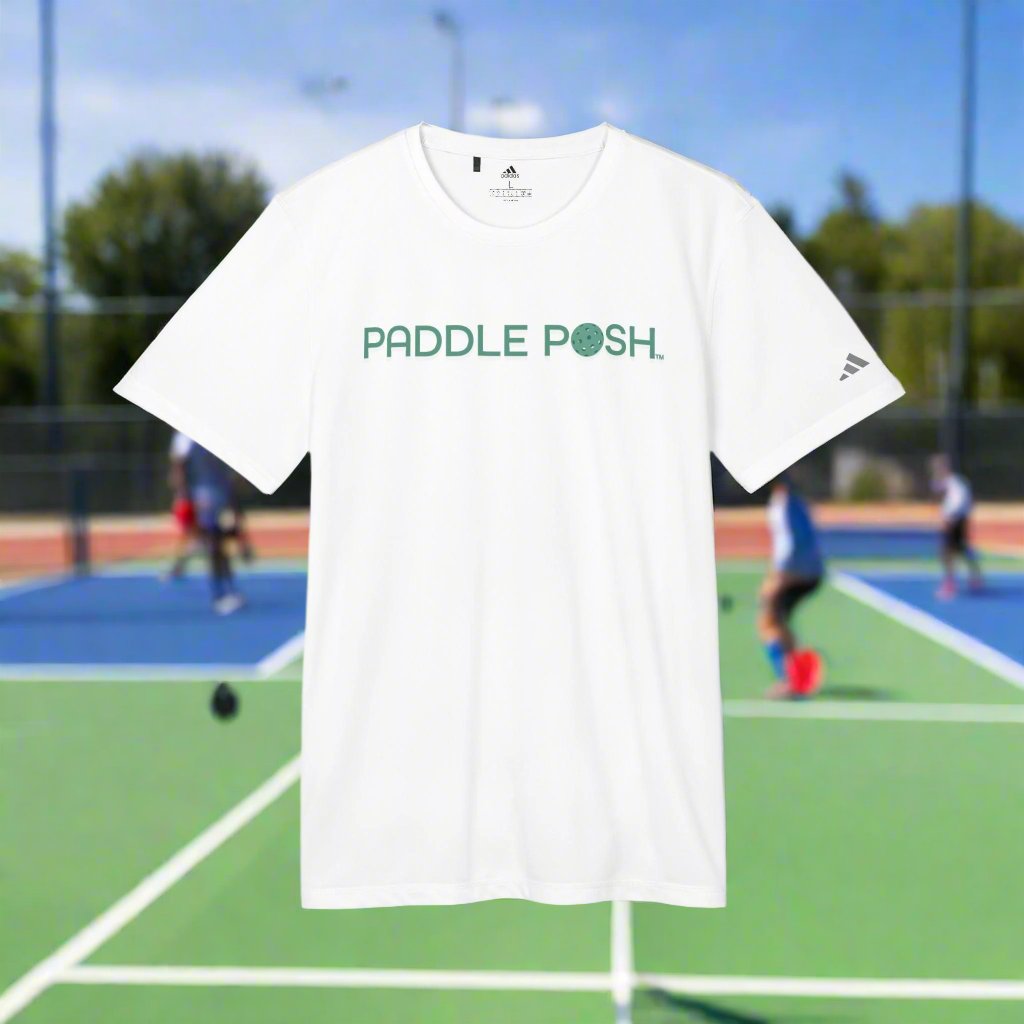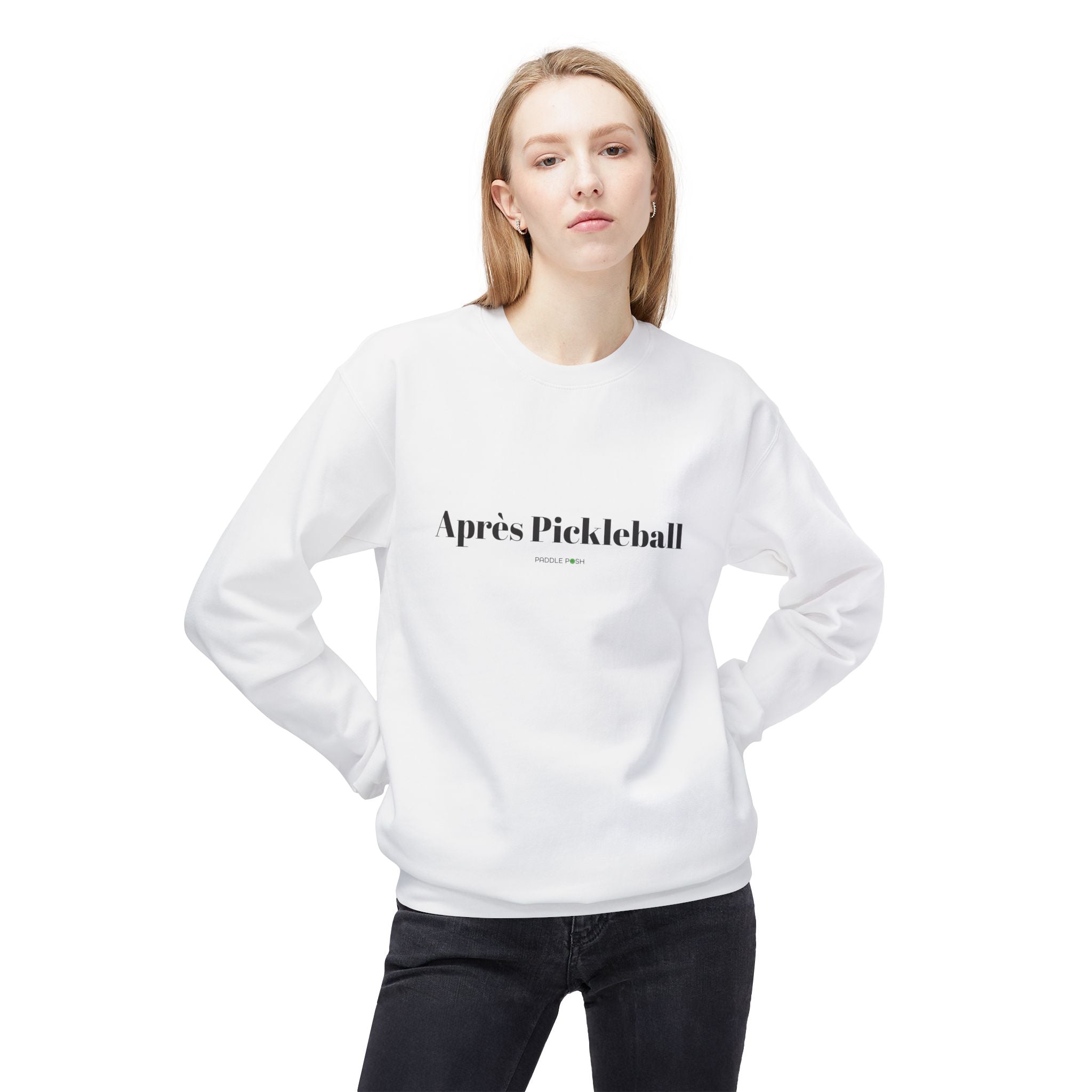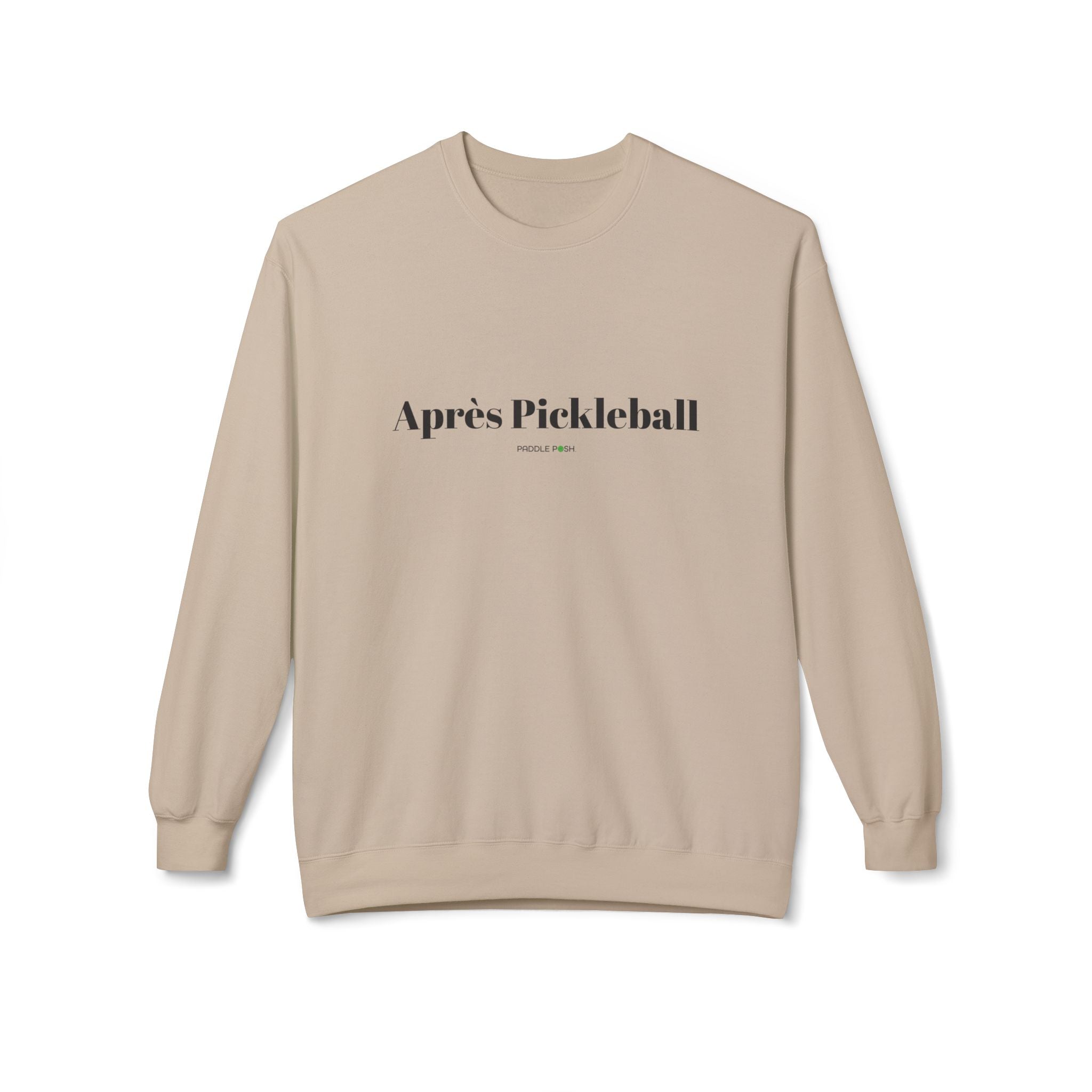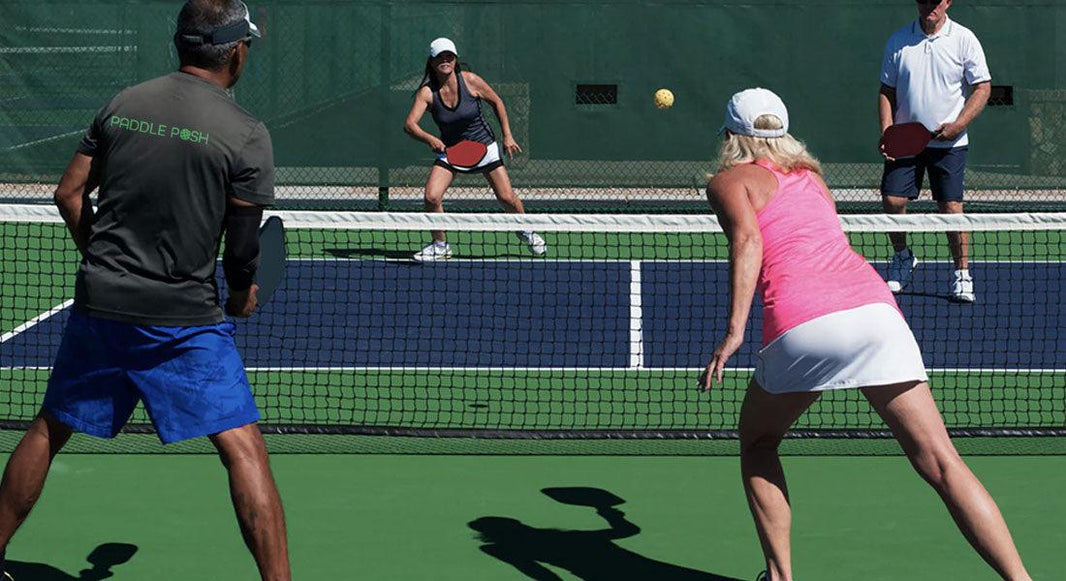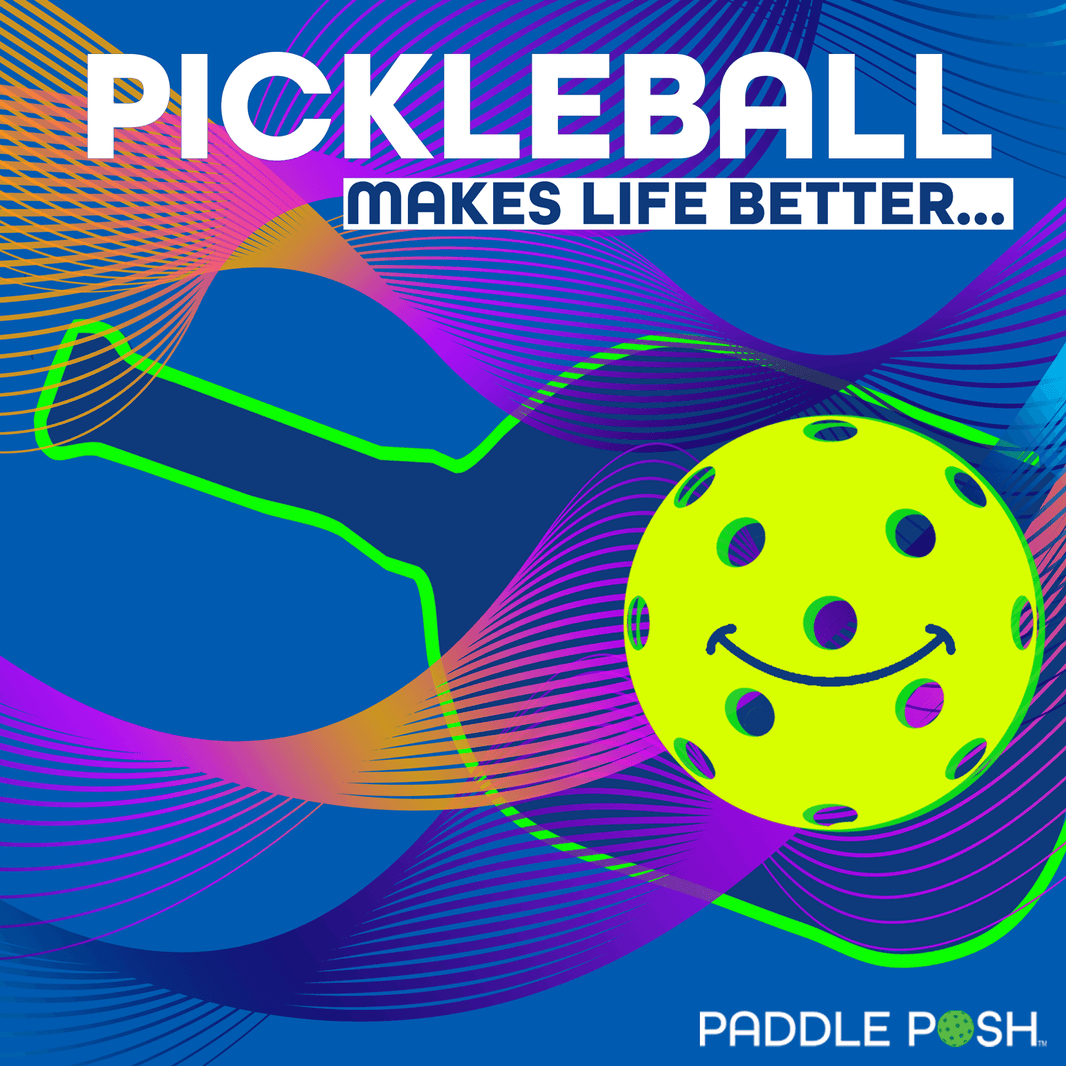Embark on Your Pickleball Journey: A Beginner's Guide
Pickleball, a sport that has captured the hearts of millions worldwide. The popularity continues to surge, and for good reason: it's accessible, fun, and offers a unique blend of physical challenge and social interaction. Whether you're a seasoned athlete seeking a new outlet or a complete novice looking for a fun and social pastime, pickleball has something to offer you. This comprehensive guide will serve as your roadmap, providing you with the essential knowledge and strategies you need to step onto the court with confidence and embrace the joy of pickleball.
Serving Up the Fun: The Art of the Pickleball Serve
The serve is the cornerstone of every pickleball rally, setting the tone for the point and influencing its trajectory. Mastering the serve is essential for success, and it involves understanding a set of specific rules:
- Serving Area: The server must stand behind the baseline, ensuring that both feet are entirely behind the line. This establishes a clear starting point for the serve. * **Serving Motion:** The serve must be underhand, with the ball being contacted below the waist. This underhand motion distinguishes pickleball from tennis and adds a unique element to the game.
- Serving Direction: The ball must travel over the net and land in the diagonally opposite service court. This diagonal trajectory adds an element of strategy and requires precise aiming.
- Faults: If the server violates any of these rules, it's considered a fault. The point is awarded to the receiving team, and the serve switches sides. Understanding these rules is crucial for avoiding costly faults and gaining an advantage.
Scoring System: Keeping the Game Fast-Paced and Engaging
The pickleball scoring system is remarkably straightforward, contributing to the game's fast-paced and exciting nature. Here's how it works:
- Points: Points are scored only by the serving team. Each successful rally, where the ball is returned over the net and lands within the designated area, earns a point for the serving team.
- Winning a Game: The first team to reach 11 points, with a 2-point lead, wins the game. This rule adds an element of suspense, as a team needs to outscore their opponents by two points to secure victory.
- Sides Out: After each point, the serve switches sides. This means the receiving team gets to serve the next point, creating a dynamic exchange and keeping the game fresh and engaging.
The Kitchen: A Zone of Rules and Strategic Advantage
The kitchen, or non-volley zone, is where pickleball truly differentiates itself from other racquet sports. This unique feature introduces a set of specific rules that significantly impact gameplay and strategy:
- No Volleying: You cannot hit the ball before it bounces within the kitchen. This means you must allow the ball to bounce once before hitting it inside this area. This rule forces players to adapt their strategy and play a more deliberate, strategic game.
- Foot Fault: Stepping into the kitchen with either foot while hitting a volley constitutes a foot fault and results in a point for the opponent. This rule requires precision and timing, as even a slight misstep can lead to a point lost.
- Exception: You can legally hit a volley inside the kitchen if you've landed a previous shot outside the kitchen. This means you can hit a volley from the kitchen only if the previous shot bounced outside the kitchen area. This exception adds a layer of complexity and allows for strategic maneuvering.
Strategies for Success: Elevating Your Game
Pickleball is more than just hitting a ball back and forth. It's a game of strategy, skill, and quick thinking. Winning requires developing a tactical approach that allows you to control the court, outsmart your opponents, and exploit their weaknesses. Here are some key strategies to help you elevate your game:
- Mastering the Dink: The dink, a soft drop shot over the net, is a fundamental skill in pickleball. It allows you to disrupt your opponent's rhythm, control the pace of the game, and set up for winning shots. Mastering the dink is like acquiring a secret weapon in pickleball.
- Utilizing the Kitchen: Understanding the kitchen rules and incorporating them into your game plan can be a strategic advantage. By mastering the kitchen, you can control the flow of the game and force your opponents into uncomfortable positions.
- Staying Active and Agile: Pickleball is a fast-paced game that demands constant movement. Be prepared to cover the court quickly, anticipate your opponent's shots, and react with agility. This requires developing footwork, endurance, and the ability to react quickly.
- Developing Your Soft Game: Pickleball is not just about power; it's also about precision and control. Mastering soft shots like dinks, drops, and lobs can give you a significant advantage, allowing you to control the pace of the game and outmaneuver your opponents.
Partnering Up: Mastering Doubles Play
Pickleball doubles adds a whole new dimension to the game, requiring teamwork, communication, and a deep understanding of positioning and strategies. Here are some key aspects of doubles play:
- Communication is Key: Effective communication with your partner is crucial for success in doubles. Clearly signal your intentions, anticipate each other's movements, and work together to cover the court effectively.
- Positioning and Coverage: In doubles, strategic positioning is essential. Typically, one player covers the backcourt, while the other covers the front court. This allows for efficient coverage and minimizes gaps in defense.
- Strategic Positioning at the Net: The net position is particularly important in doubles. Players at the net should be ready to block shots, cover the middle, and set up for volleys.
- Teamwork and Coordination: Success in doubles hinges on teamwork and coordination. Players need to anticipate each other's moves, communicate effectively, and work together to outmaneuver their opponents.
Winning with Confidence: The Psychology of Pickleball
Pickleball is not just a physical challenge; it's also a mental game that requires focus, determination, and confidence. Here are some tips to build your confidence and maximize your performance on the court:
- Focus on Your Strengths: Identify your areas of strength and focus on developing those skills. It's about playing to your strengths and maximizing your potential. This allows you to play with confidence and leverage your unique abilities.
- Embrace the Learning Process: Pickleball is a journey of growth. Be patient with yourself, learn from your mistakes, and embrace the process of improving. Every game, every rally, presents an opportunity to learn and grow.
- Trust Your Instincts: As you gain experience, you'll develop a feel for the game. Trust your instincts and play confidently. This confidence will translate into better decision-making and more decisive play.
- Visualize Success: Visualization is a powerful tool for building confidence. Before a game, visualize yourself playing well, making smart decisions, and executing your shots with precision. This mental rehearsal can boost your confidence and enhance your performance.
Inspiring Growth: The Benefits of Pickleball
Pickleball is more than just a sport; it's a journey of personal growth and development. Here are some of the benefits of playing pickleball:
- Physical Fitness: Pickleball is a great way to get a full-body workout. It improves cardiovascular health, strength, agility, balance, and hand-eye coordination. The constant movement, quick bursts of energy, and dynamic movements provide a challenging and rewarding workout.
- Mental Health: Pickleball is a fantastic stress reliever. It boosts mood, reduces anxiety, and promotes a sense of well-being. The focus and engagement required in the game can help clear your mind and provide a much-needed escape from daily pressures.
- Social Connection: Pickleball is an incredibly social sport. It fosters friendships, strengthens relationships, and promotes a sense of community. Playing with friends or joining a local league allows you to connect with like-minded individuals and build lasting relationships.
- *Confidence Building: Pickleball is a game of skill and strategy, and as you improve, you'll gain confidence in your abilities. This translates into other areas of your life as well, empowering you to tackle challenges with greater self-assurance.
Conclusion: Join the Pickleball Revolution
Pickleball offers something for everyone, regardless of age, skill level, or fitness level. It's a sport that empowers you, inspires you, and helps you connect with others. So grab a paddle, find a court, and join the pickleball revolution.With this comprehensive guide, you're equipped with the knowledge and confidence to step onto the court and experience the joy and thrill of pickleball firsthand. Remember, the true reward lies not just in winning but in the journey of growth, the friendships forged, and the positive impact it has on your life. Enjoy the game!


